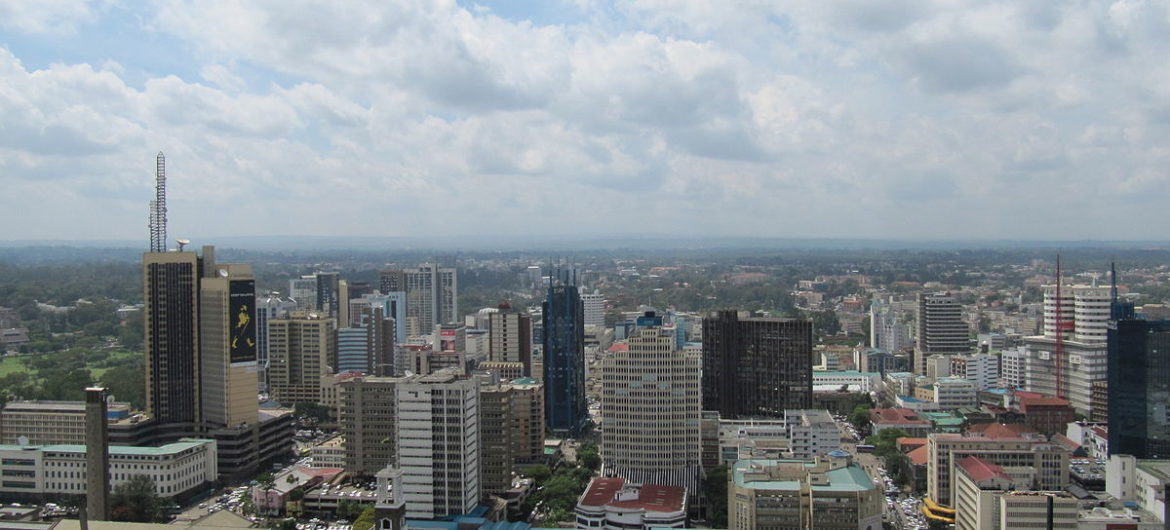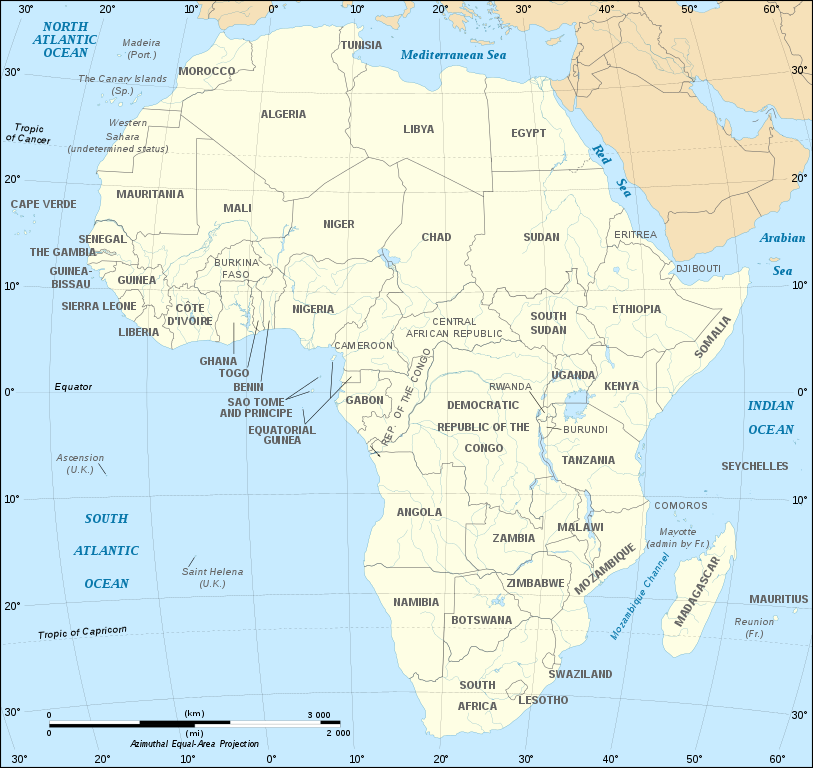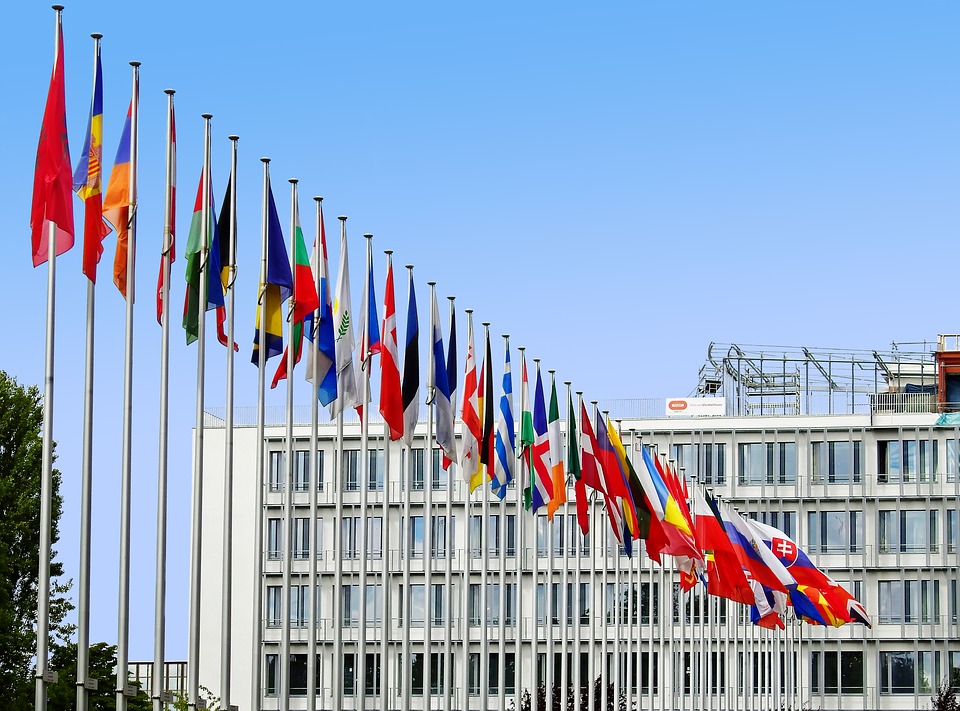When the western world talks about Africa, they reflect the Africa they have seen or heard about from the media that they consume. These reflections are deeply rooted in the stereotypes associated with the continent. Despite the impact that the media has on people, it is really important that they do not believe everything that is produced, especially when it comes to how the media portrays this continent. Believing these stereotypes has often led to awkward situations arising when people from the western world interact with people from any African country and to prevent such situations arising, I will be debunking some of the common stereotypes that often make people hailing from any African country cringe.
Firstly, it is important to note that Africa is not a country and a grasp of basic geography will show you that it is, in fact, the second largest continent taking up, 30,370,000 Square Km. It also consists of 54 recognised countries, each having their own culture, languages, heritage, climate and history. So next time you make a general statement when referring to Africa please do reconsider and specify what country in Africa.
Poverty, violence and disease Stricken Africa
This is the image that comes to many people’s mind when they see or hear the word Africa (apart from the song by Toto). This stigma that surrounds the continent is etched in people’s brains, due to the constant humanitarian ads that are displayed on our television screens, together with the pictures the media displays on different platforms and mediums. However, this is not all there is to the continent, with some countries being more developed than others it may come as a surprise to many that countries are more modernised what is usually shown. This portrayal by the media often frustrates people from African countries, because the media hardly reflects the less fortunate side of western countries but are quick to reinforce this stereotype by displaying this side of African countries.
The media does not inform us on facts such as according to the World Bank’s 2016 list of nominal GDPs, South Africa ranked 33rd out of 194 countries and was even placed above countries like New Zealand and Singapore. Through the same list, it was also revealed that Nigeria has a higher GDP than either Norway or the United Arab Emirates. It is also basic common historical knowledge that one of the reasons that the west sought to eagerly quarrel over which African country to colonise them is because of how rich it was in terms of minerals. This is something that has not changed, in fact, the continent exported 6.5 per cent of the world’s total mineral exports in 2011. Examples of these minerals include oil, diamonds, gold, bauxite, cobalt, phosphate rock amongst many others being exported from the likes of Egypt, Libya, Tanzania, Kenya, Senegal, South Africa; just to name a few.
Another myth which people seem to believe is that everyone in Africa has no access to technology whatsoever. This has been seen on so many occasions such as when Snapchat city live was a thing and Nairobi (the capital city of Kenya went live) and suddenly there was a shock and an uproar of people in the west threatening to stop donating to ‘Africa’ because people in African countries ‘lie’ that they don’t have phones. In reality, no one, apart from the western media, conjured such a lie which people choose to believe without carrying out further research. In fact, African countries have made technological developments which have shocked the western world, an example of this is the money sending method known as M-Pesa which has impressed the likes of Bill Gates and Mark Zuckerberg and involves sending money through mobile phone without the formalities of having a bank account or bank account number (basically a much simpler version of PayPal or Venmo). Recently a Kenyan also invented equipment which produces tonnes of drinking water from ocean water, but you don’t see this being highlighted by the western media, do you?
A hilariously interesting question that people from African countries get asked is – ‘Do you guys live in huts?’ and the person being asked this is bound to answer with a very sarcastic yes, with an even exaggerated description of their ‘hut home’. This person is basically having an internal laugh at your ignorance, but don’t blame them as they are probably frustrated by the number of times, they have been asked this question that somehow makes people look down on them and their home.
In relation to this most people would also like the western world to note that there is hardly anything unsafe about these countries unless you obviously go out of your way to look for trouble. There have often been travel bans to some very safe and normal African countries implemented by the governments of western world countries, including the UK, which frequently help reiterate the stigma related to the continent. These travel bans are often declared after incidents such as one of the acts of violence or terrorism, an issue that countries in the western world deal with too but there are no such things as travel bans to such countries during such events. I have often been asked what it is like growing up in an African country and all I can reply with this strange question is – “normal”. We go to school just like you, hang out with friends over the weekend, go on holidays and we do all these things without worry about our safety. In fact, some people would even say that life is much better in some African countries due to how easy going and relaxed it can be, instead of the hustle and bustle that developed countries may have to offer. So much so that people from all over the world have migrated to the countries in the continent, which contradicts the popular belief that everyone in Africa is black. In fact, the majority of countries consisting of the most diversity are African countries with the likes of Uganda, Cameroon and Madagascar making the list.
Another quite common question that is often met with a sarcastic answer is – “Do you have animals roaming around free?” and this too is bound to be met with a sarcastic answer. I know of an instance where a friend was asked this question and she replied by describing how she has a pet lion that lives in her garden. The tale of this situation has gone on to become one of mockery amongst her group of friends now, who can relate to this situation. Therefore, to save anyone else from potential embarrassment I can very much confirm that it is very rare if not impossible to find any wild animals roaming free on the streets of any African country. Yes, most countries on this continent are known for their wildlife and nature but it is important for the world to recognise that though the animals roam free they do so in National Parks and in their natural habitat which is conserved and kept safe by relevant professionals.
It is also in relation to this that when you tell people that you’re going to Africa for a safari, you specify what country you are going to because not every country in Africa has the climate for sustaining such grassland, nature and wildlife. In fact, the largest desert in the world (the Sahara) spans across most North African countries making it impossible for countries located in this area to have anything remotely close to a tropical savanna climate, which is required for this kind of wildlife to survive. The countries with such climate are usually located in Eastern or Southern Africa with parts of central Africa even having tropical rainforest’s climate. This clearly debunks another myth related to the continent that states that ‘Africa is always hot’. In fact, in regions with very high altitude, there is also a hint of snowfall.
So, here’s to hoping that this has been a crash course in the guise of an article that has assisted you, with being more informed on what Africa is really like. I would also highly recommend carrying out your own research too so that you can have an even more in-depth perspective next time you interact with someone hailing from an African country that does not degrade their home.






